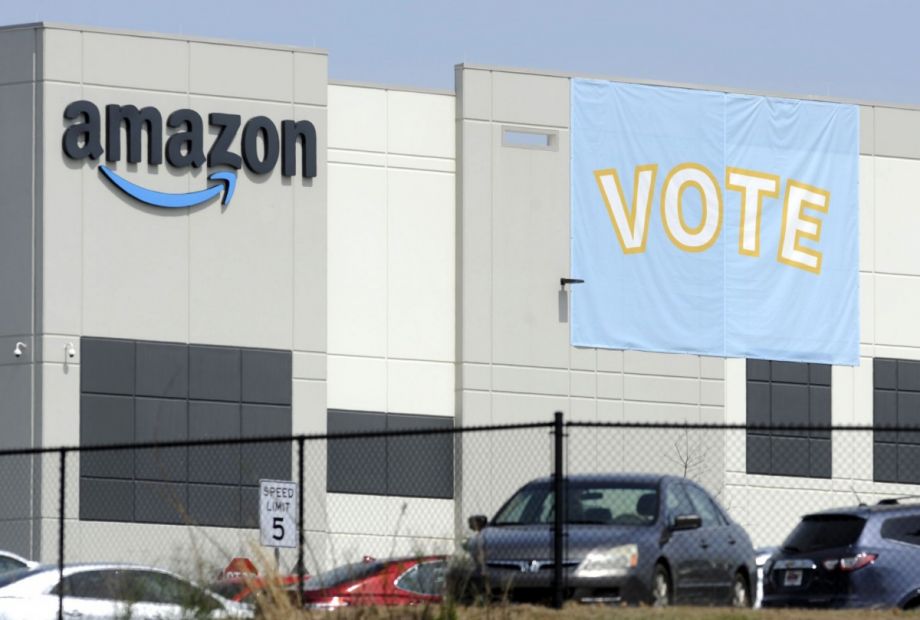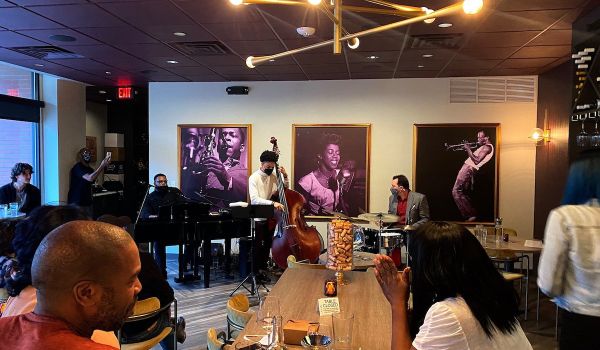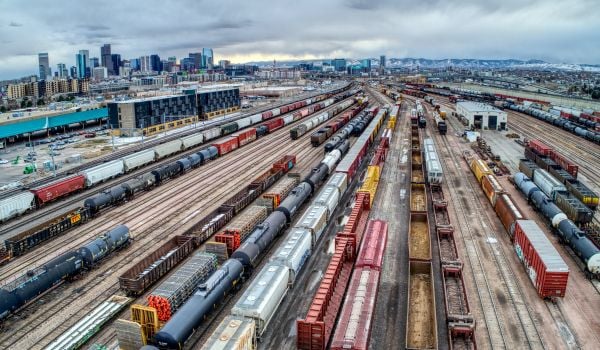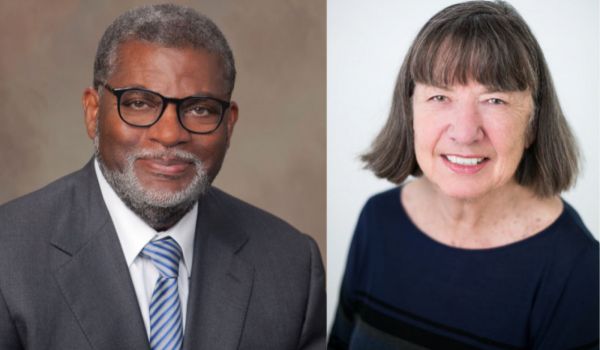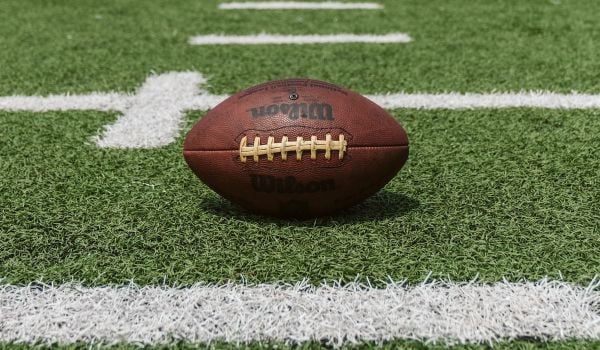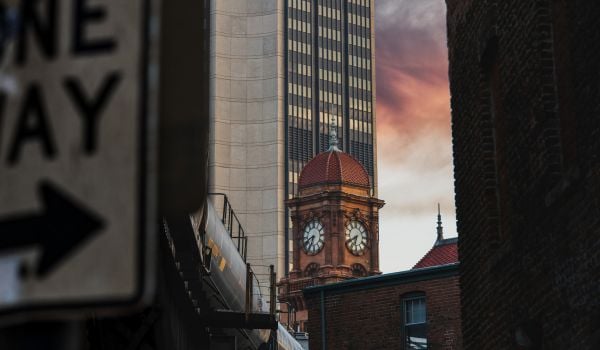Amazon’s Intimidation Pushes Labor Board to Call for Unionization Vote Do-Over
Amazon workers in Alabama are going to get a second chance to vote on whether to join the Retail, Wholesale and Department Store Union (RWDSU) after a U.S. National Labor Relations Board (NLRB) official called for a rerun.
In April, workers at the Bessemer, Ala. facility voted against unionization by a margin greater than 2-1, Reuters reports. However, as Next City previously reported, the NLRB found that Amazon had unjustly interfered by intimidating workers during meetings, and posting signs in bathrooms that encouraged employees to vote against unionization. The findings in August that Amazon had violated labor law did not automatically trigger a new election; that decision rested in the hands of the NLRB’s Atlanta region director, Lisa Y. Henderson, who called for a new vote Monday.
Amazon spokesperson Kelly Nantel called the NLRB’s decision disappointing, but organizers are celebrating.
Stuart Appelbaum, president of the Retail, Wholesale and Department Store Union noted this in a statement that reads, “Today’s decision confirms what we were saying all along – that Amazon’s intimidation and interference prevented workers from having a fair say in whether they wanted a union in their workplace.”
ILSR Report Shows Amazon Exploits Small Businesses
Speaking of Amazon, a new report from the Institute for Local Self-Reliance (ISLR) finds that Amazon is exploiting its role as a monopoly “to impose steep and growing fees on third-party sellers.”
More than 60% of Americans start on Amazon when they are looking to buy something online, pushing a significant number of small businesses to rely on the warehouse giant to expand their reach. However, the fees Amazon imposes on third-party sellers has more than doubled in the last two years.
ILSR research indicates that Amazon now pockets 34% of the revenue earned by smaller businesses on their site, up from the 19% it did in 2014.
Steve, a business owner who would prefer not to be identified, told ISLR that Amazon interferes with his ability to be a sustainable business. Selling $10,000 worth of clothes would require him to pay more than $3,000 in fees, meaning Amazon takes in greater profit than he does.
Amazon has also discouraged businesses from selling their items at lower prices on other sites. Amazon’s algorithm demotes the product of sellers who do, decreasing their sales. Such practices keep Amazon’s prices competitive while also pushing Americans to continue using their service.
City of Birmingham to Support Local Black-owned Businesses
Birmingham is launching #BuyBlackBham, an initiative to support local Black-owned businesses.
The Alabama Political Reporter notes that the program is part of a partnership with Urban Impact, an economic development agency, and Mastercard, which is working with seven cities across the nation to close the racial wealth gap.
During the holiday season, residents are encouraged to shop at one of the more than 400 Black-owned businesses in their local area. The Birmingham Times reports that although more than 70% of Birmingham residents identify as Black, only 3% of businesses are Black owned. Mayor Randall Woodfin is hoping that this campaign will help build a more “resilient and inclusive economy” that will support shops “which have been historically under-resourced.”
Miguel Gamiño, Executive Vice President of Global Cities for Mastercard, echoed this statement, noting, “For Black-owned businesses, the holiday shopping period is one of the most critical times of the year and we’re pleased to support the City of Birmingham and Urban Impact on this important initiative to encourage shopping locally and consciously.”
The initiative will continue through Kwanzaa, on Jan. 1. Participating customers are able to login on to the BuyBlackBham site to record their transactions at black-owned mom-and-pop shops, and track how much money is circulating through the local businesses listed.
Capital One Becomes the Largest U.S. Bank to Eliminate Overdraft Fees
Capital One will eliminate overdraft fees early next year, Banking Dive reports.
Customers will now be able to choose whether they want to access overdraft protection. Those that enroll in the protection program will be automatically converted to no-fee overdraft. Others that choose not to will have their transaction declined if the purchase would overdraw their account.
“The bank account is a cornerstone of a person’s financial life,” said Capital One CEO Richard Fairbank, in a statement. “It is how people receive their paycheck, pay their bills and manage their finances. Overdraft protection is a valuable and convenient feature and can be an important safety net for families. We are excited to offer this service for free.”
This article is part of The Bottom Line, a series exploring scalable solutions for problems related to affordability, inclusive economic growth and access to capital. Click here to subscribe to our Bottom Line newsletter.

Solcyre (Sol) Burga was an Emma Bowen Foundation Fellow with Next City for summer 2021. Burga graduated from Rutgers University with a degree in political science and journalism in May of 2022. As a Newark native and immigrant, she hopes to elevate the voices of underrepresented communities in her work.
.(JavaScript must be enabled to view this email address)



